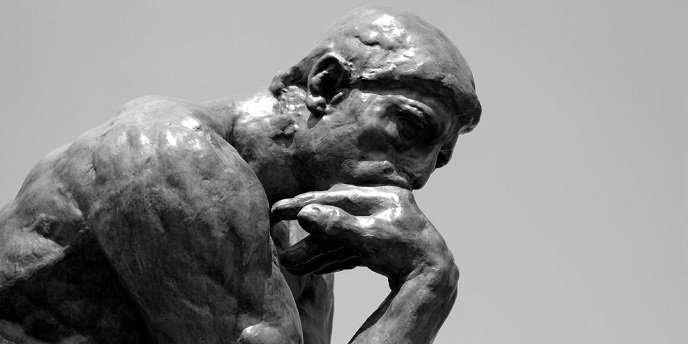Nicholas Machiavelli (1469-1527) - is known for his two works: "The Prince" and "Lectures on Titus " Machiavelli secularises politics (it frees her from the guardianship of religion, it also gives a secular character). It emphasizes the human aspects of behavior, not the Christian aspects. His method is based on a pragmatic and utilitarian approach.
It forms the basis for a realistic understanding of the political. Politics is equivalent to power and control.The state is an organic structure that obeys and moves from its own laws (not seeking the divine prescription for society).The state is an organic structure that obeys and moves from its own laws (not seeking the divine prescription for society).Machiavelli is the first to raise the issue of state, national interest.The success of a ruler "will be judged by the public verdict." One judges the result. Machiavelli argues that the outcome justifies the means (even those with a negative character).
He approaches politics as something experimental, the basis of political behavior is the benefit and power (the relationship between politics and morality)."A ruler should not keep a promise unless it is in his favor."In populism, unproductive promises are given to profit.According to Machiavelli, luck (fate) plays a major role in politics (Machiavelli has played a lot of cards).Political virtue (the courage to confront traditions, courage and flexibility as features) is something other than moral virtue.
The prosperity of society has been associated with Machiavelli's firm authority. This statehood, which aims to achieve greatness for the state, is positive. It is irrelevant to him whether the state will have a monarch, aristocracy or a democratic form of government.The idea of the need to form national statehood (the unification of the various religious communities in Italy into a unified state).Machiavelli and his instructions to the statesmen.There is a need, not to master, but to convince. The Need for Leadership Skills. Machiavelli produces theory, rules governing the masses.
"Which is better - to be afraid or to love you more?"
"What is more natural - war or peace?"

Politics is not power and control. In my reading of Machiavelli, he does not say politics is power and control. Those are the means and end of politics. Politics is the art, philosophy or pursuit involving power and aiming at control. That is the use of politics he teaches.